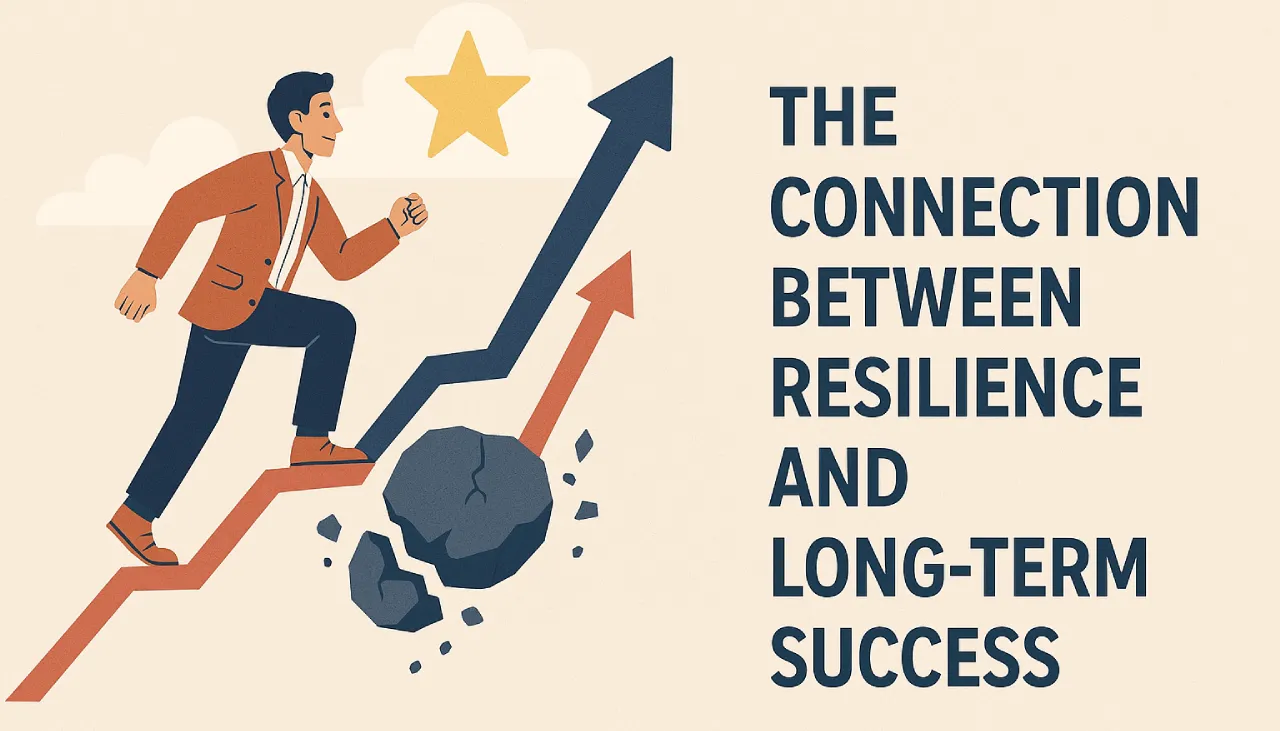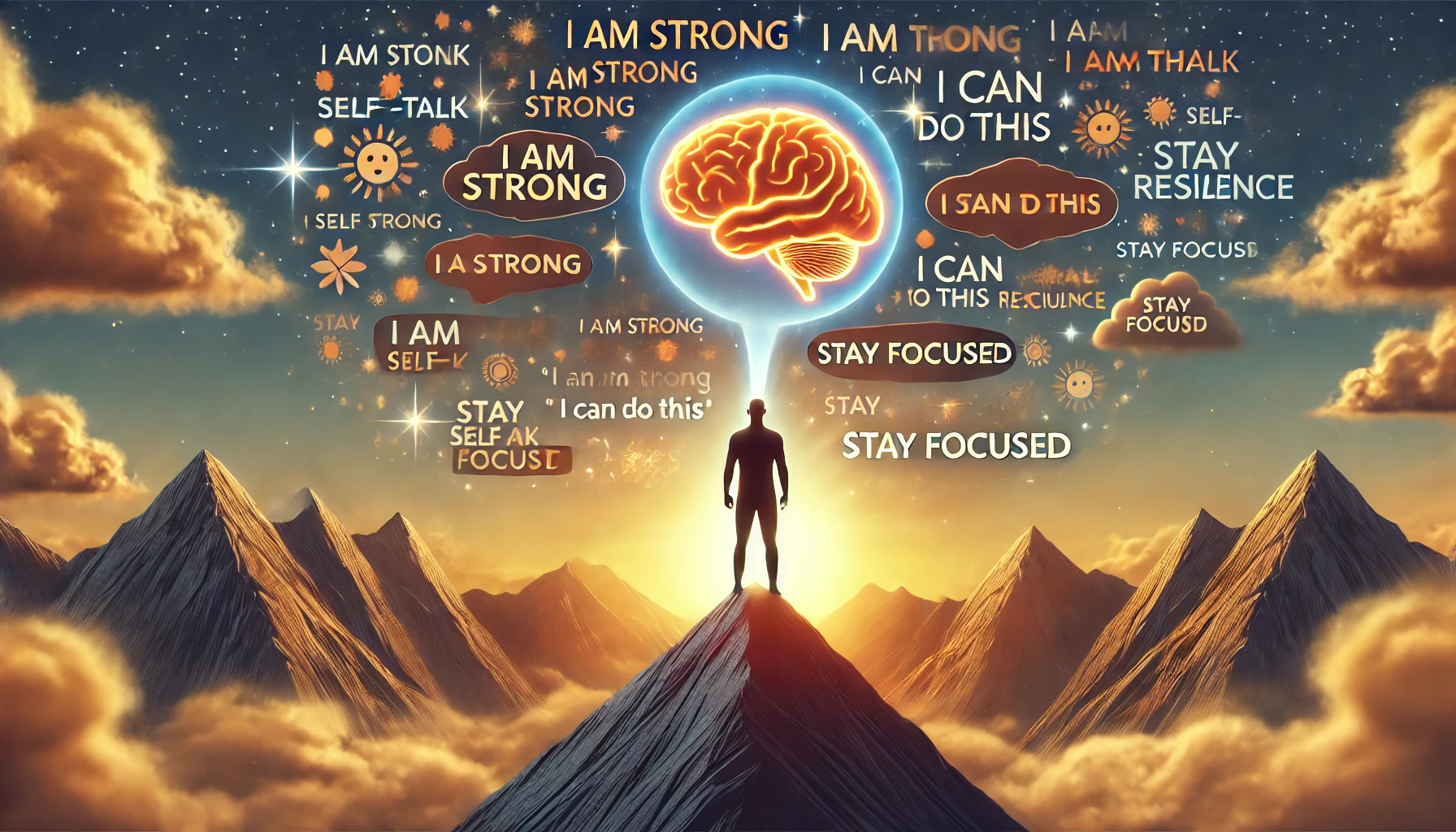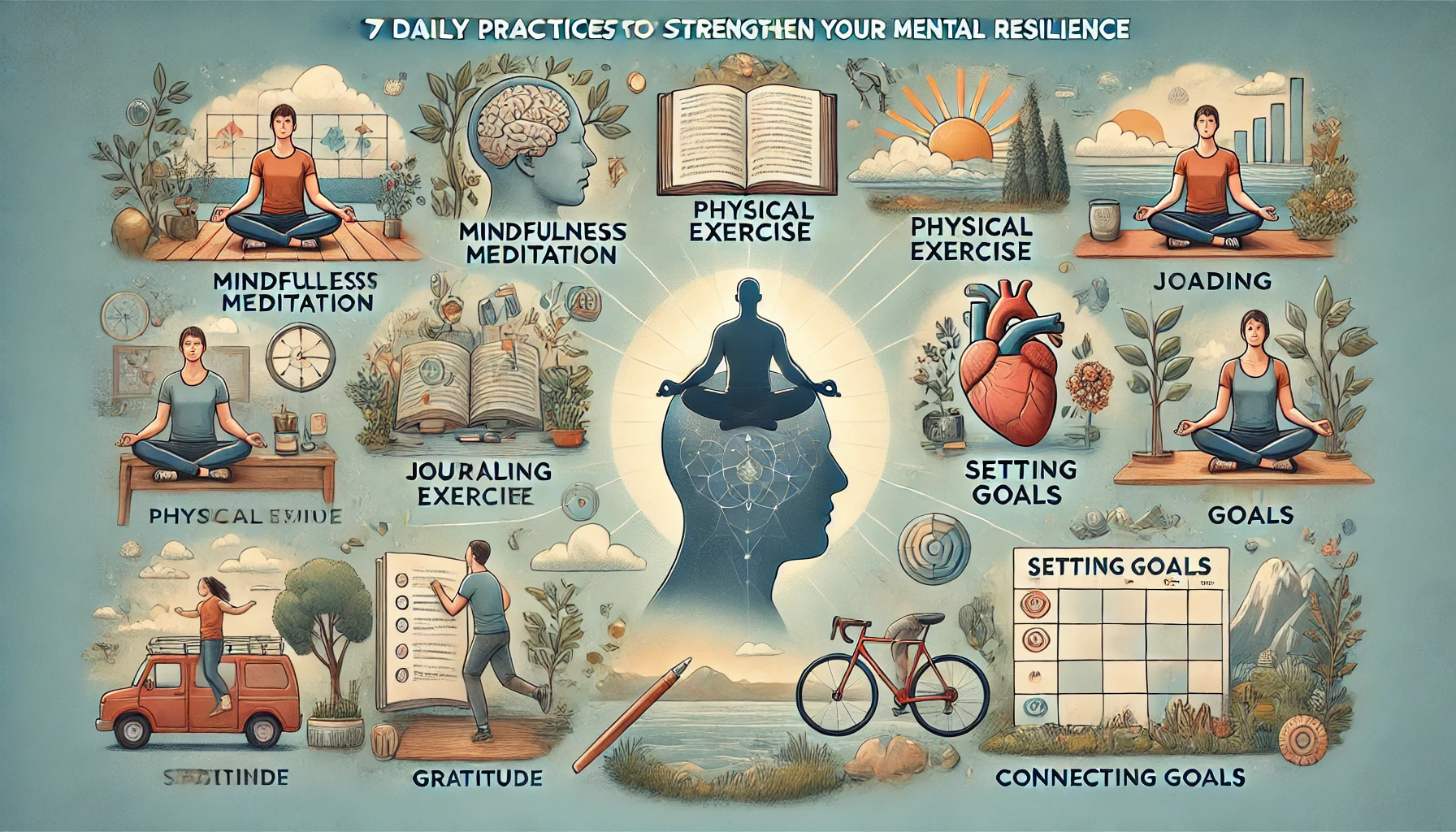Mental endurance is essential for overcoming life’s challenges, staying focused on long-term goals, and managing stress effectively. One of the most powerful tools for building this resilience is mindfulness. By cultivating awareness and presence, mindfulness helps you stay calm under pressure, regulate emotions, and maintain clarity even in difficult situations. This article explores how mindfulness strengthens mental endurance and provides practical techniques to incorporate it into daily life.
What Is Mental Endurance?
Mental endurance refers to the ability to stay focused, manage stress, and push through difficulties without becoming overwhelmed. It is essential in high-pressure environments, whether in personal, professional, or athletic settings. Those with strong mental endurance can navigate setbacks, maintain productivity, and recover quickly from failures.
Key Characteristics of Mental Endurance
- Emotional regulation – Staying calm and composed under stress
- Focus and concentration – Avoiding distractions and maintaining attention
- Resilience – Bouncing back from failure or setbacks
- Patience – Persisting through difficulties without frustration
- Self-awareness – Recognizing and managing personal triggers and emotions
The Role of Mindfulness in Mental Endurance
Mindfulness is the practice of being fully present in the moment without judgment. It involves observing thoughts and emotions without getting carried away by them. This practice enhances mental endurance by:
1. Reducing Stress and Anxiety
Mindfulness helps regulate the body’s stress response by lowering cortisol levels and activating the parasympathetic nervous system. When practiced consistently, it reduces overall anxiety and prevents the mental fatigue caused by chronic stress.
2. Improving Focus and Attention
By training the brain to stay present, mindfulness reduces distractions and enhances concentration. Studies have shown that mindfulness meditation increases gray matter density in areas of the brain responsible for attention and cognitive control.
3. Strengthening Emotional Regulation
Mindfulness improves self-awareness, allowing individuals to recognize negative thought patterns and respond to emotions in a balanced way. This prevents impulsive reactions and fosters emotional stability.
4. Enhancing Resilience
Practicing mindfulness teaches individuals to accept challenges without resistance, leading to greater emotional flexibility. This helps in adapting to setbacks and maintaining motivation despite difficulties.
Practical Ways to Use Mindfulness for Mental Endurance
1. Mindful Breathing
A simple but powerful technique, mindful breathing involves focusing on the breath to anchor attention to the present moment. Try the 4-7-8 technique: inhale for four seconds, hold for seven, and exhale for eight.
2. Body Scan Meditation
This practice involves paying attention to different parts of the body, noticing sensations without judgment. It helps release physical tension and increases awareness of stress triggers.
3. Mindful Journaling
Writing down thoughts and emotions in a structured way allows for better self-reflection. Use a journal to note stressful moments and how mindfulness helped you handle them.
4. Engaging in Single-Tasking
Rather than multitasking, focus entirely on one activity at a time. This strengthens cognitive endurance and prevents mental exhaustion.
5. Practicing Gratitude
Gratitude shifts focus from negative thoughts to positive experiences. Keep a gratitude journal and list three things you appreciate daily.
6. Using Mindfulness During Challenges
In difficult situations, pause for a few deep breaths, observe your emotions, and choose a mindful response rather than reacting impulsively.
The Science Behind Mindfulness and Mental Endurance
| Benefit of Mindfulness | How It Strengthens Mental Endurance |
|---|---|
| Reduces stress hormones | Prevents burnout and mental fatigue |
| Increases gray matter in the brain | Enhances focus and decision-making |
| Regulates the amygdala | Improves emotional control under pressure |
| Boosts self-awareness | Helps recognize and manage triggers effectively |
Final Thoughts
Mindfulness is a powerful tool for strengthening mental endurance. By integrating mindful practices into daily life, you can reduce stress, improve focus, and build resilience to challenges. Whether through breathing exercises, journaling, or mindful reflection, small habits can lead to significant improvements in mental toughness over time.












Leave a Reply